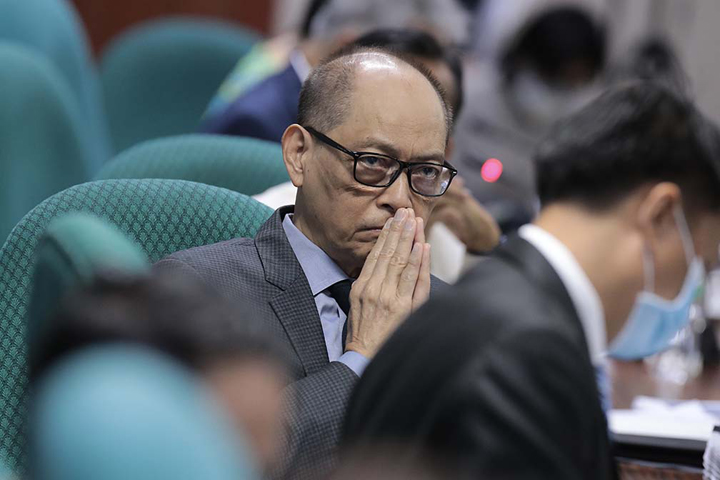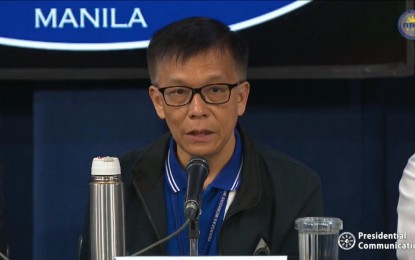FINANCE Secretary Benjamin E. Diokno said the weakening of Philippine peso against the dollar has an upside, as the national government will be able to reduce its budget deficit by P7.6 billion for every peso-worth of depreciation.
At a Senate Committee on Finance hearing on Wednesday, Diokno told lawmakers that the depreciation of the peso is “actually favorable” for the country, as it would result in “higher” revenue for the government.
Furthermore, Diokno expounded that the additional revenues would help reduce the government’s budget deficit, he added.

“The impact of the depreciation actually is favorable to the budget. A P1 depreciation would mean a higher revenue for the government. It would involve about P10 billion additional revenues with little adjustments on the disbursement side and that is mainly on debt servicing,” Diokno said.
“We cannot spend what Congress has not authorized. The net effect of a P1 depreciation is P7.6-billion reduction in our budget deficit,” Diokno added.
The national government’s budget deficit or the difference between expenditures and revenues as of end-July stood at P761 billion, or 9.11 percent lower than the P837.3-billion budget deficit recorded in the same period of last year.
For July alone, the national government’s budget deficit also narrowed to P86.8 billion this year from P121.2 billion last year as revenues outpaced expenditures.
For 2022, the Cabinet-level Development Budget Coordination Committee expects a lower budget deficit at P1.65 trillion, or 7.6 percent of the country’s GDP.
The finance chief also told lawmakers the current administration intends to “borrow less” compared to its borrowing spree at the height of the Covid-19 pandemic, as it strives to reduce the debt-to-GDP ratio to below 60 percent by 2025. “This year the total national government debt is expected at 62 percent of GDP,” Diokno said.
“In pursuit of prudent debt management and domestic capital market development, around 75 percent of our borrowings will come from domestic sources. This strategy will minimize the country’s foreign-exchange risks resulting from ongoing global uncertainties,” Diokno added.
Diokno also revealed that local government units (LGUs) have surplus money while the national government is in debt.
“The truth of the matter is that the local government has a surplus position. They are in surplus. They are not spending their money. It is the national government that is paying the debt, not the LGUs,” he said.
’Free cash’
CITING Commission on Audit findings, Diokno said LGUs have “free cash” or amount available for appropriations amounting to P341 billion last year.
Also at the hearing, Secretary Amenah F. Pangandaman of the Department of Budget and Management (DBM) disclosed that the LGUs have a total budget of P962.2 billion next year, which accounts for 18.3 percent of the P5.268-trillion proposed 2023 national budget.
Of the total budget of LGUs next year, about P820.27 billion is for the National Tax Allotment, adhering to the Mandanas-Garcia Supreme Court ruling, while P28.88 billion is for local government support fund, according to the DBM.
“We aim to strengthen our efforts in capacitating and empowering them to autonomously deliver essential services to their constituents,” Pangandaman said.
“Despite the limited fiscal space, we tried to increase some of the budget allocations for LGUs,” Pangandaman added.
Image credits: Joseph Vidal/Senate PRIB






























